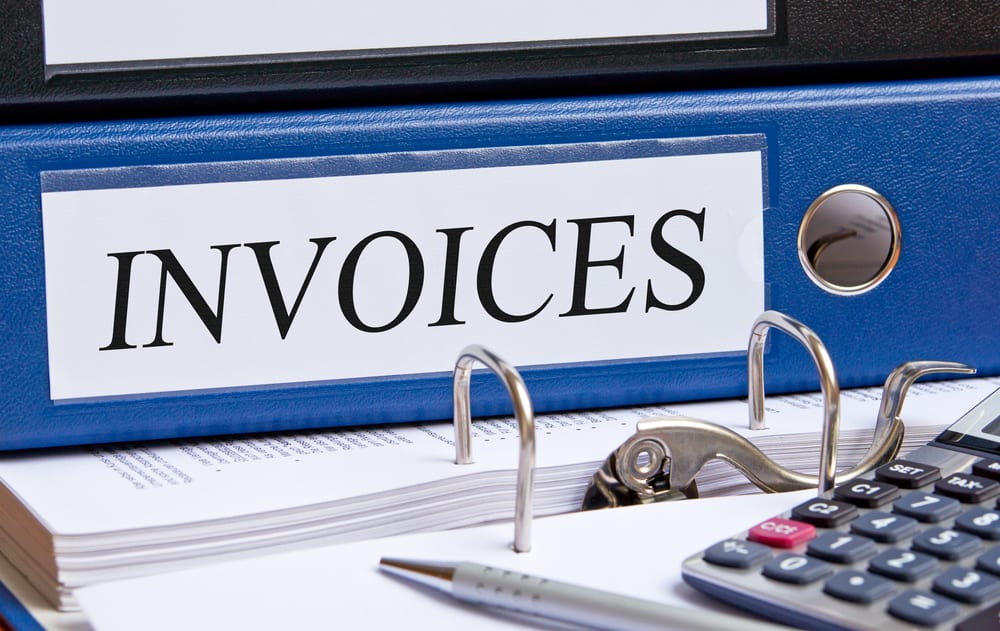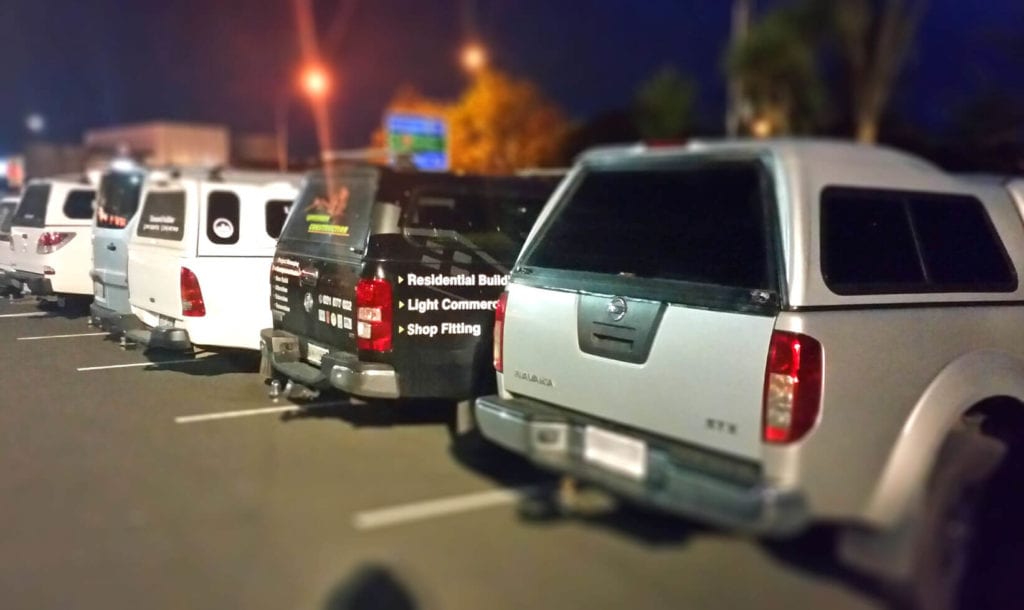This is a question some of you will be asking during these uncertain times. It’s a fair question as people look to reduce costs in anticipation of an economic slowdown.
In General
The value of insurance is that you pay a predictable, regular amount (the premium) to protect you from a large, unexpected, unbudgeted cost that would severely affect your financial situation if it happened.
In tough economic times a big, costly, unforeseen event can be much harder to recover from. This is because you may not have the same level of savings or ability to borrow as when the going is good. This makes having insurance during a slowdown even more important!
You should not think of your insurance premium as a cost that can be cut back, but as an investment you’re making to protect yourself from an even bigger, unexpected cost.
The real question you should be asking is:
“What risks am I prepared to take on myself rather than being insured for?”
Here are some things to consider as you review your spending on insurance.
Public Liability & Professional Indemnity
These policies protect you if you make a mistake (or someone else you’re responsible for does) that causes a third party a loss and they hold you responsible. Mistakes can happen anytime and by their nature they are unexpected, so you can’t plan for them. The worst ones can be very costly, so unless you have put aside a big pile of money to cover this possibility, insurance is a good investment.
Secondly, having a break in cover is not recommended, as this can have consequences down the line. With public liability insurance the trigger for a claim is when the damage happens, which in some cases could be months or years after you did the job (think water damage or electrical fire). With professional indemnity the trigger is when the claim is notified to you, so you need to keep cover in place even after the job is finished. If you cancel it you will have no cover at all, even for past jobs. You could switch to “run off cover”, which would mean past jobs stay insured but without covering any new ones. Over time the premium reduces.
Homeowners that are under financial stress can be more likely to kick off a dispute. We have seen situations where a builder’s customer made up issues with workmanship to get out of paying bills. The right insurance will cover your legal costs in the event of allegations of damage or professional negligence.
Savings can be made at renewal time if you anticipate your turnover (gross income) being lower, as premiums are based on turnover. Bear in mind there are minimum premiums and different insurers calculate premiums at different levels, so a small drop (or increase) in turnover may not affect your premium if you still sit within the same turnover band.
Employee Disputes Liability
If you think you may have to make changes to your employment relationships, cut hours or lay off staff in the coming months, it may be worth taking out employee disputes liability cover. This protects you from claims of unfair dismissal, discrimination, harassment and other situations where a disgruntled ex-employee may take a case to the Employment Relations Authority. Note, insurers are now starting to restrict cover for claims due to redundancy.
Directors & Officers (D&O) Liability
This policy protects the directors of a company personally against claims of mismanagement, which can include claims by creditors if the company becomes insolvent. The Companies Act allows the personal assets of directors to be targeted if they have been found to have breached their statutory duties under the Act, in particular to not allow the business to continue to trade while insolvent. If this happens a liquidator, on behalf of creditors or customers, can go after the personal assets of directors to recover losses.
The good news is that the Government is amending the Companies Act to temporarily protect directors from personal liability that they would otherwise have under section 135 and 136 of the Companies Act. This protection will last for a period of six months, effective from 3 April 2020. It is designed to assist directors, who are managing companies facing significant liquidity issues by limiting their risk and easing their concerns in doing so. This is intended to encourage directors to continue to trade and incur obligations, as opposed to prematurely winding up the company due to the risk of personal liability.
Insolvency cover under a D&O policy is only available to companies with a healthy financial position, but with the Government’s temporary protections expiring in October and the future uncertain it could be a prudent investment.
Statutory Liability
This covers your liability for fines & penalties under law. One of the main benefits is that it covers the legal costs and reparations awarded for prosecutions under the Health & Safety at Work Act (it cannot legally insure WorkSafe fines though).
It’s not clear yet how WorkSafe will approach breaches of guidelines for managing Covid-19 exposure on site. A potential worst-case scenario could see someone contract the disease from a site then pass it on to someone else, perhaps an older person or someone with respiratory issues, who dies. Could this trigger a WorkSafe investigation? If a breach of good practice guidelines was found, could this lead to a prosecution?
Vehicles
These are a valuable asset for most people. An accident that is your fault can also expose you to the cost of repairing other vehicles or property involved.
One way to optimise your premium is to ensure your business vehicles are insured for their current market value, not how much it was worth three years ago, and that the amount insured is excluding GST (the insurer will add this on in the event of a claim).
You could also reduce your cover from full/comprehensive to third party, fire & theft, or even third party only. But you will then be responsible for cost of damage (or theft or fire) to your own vehicles.
Tools & Equipment
At the best of times tools theft is pretty common. In a worse economy not only is theft more likely, it could also be harder to afford to replace your stolen ones. You may have to settle for the cheap alternative. And any time you’re off the job without them is costing you money too.
If you can’t afford to insure your tools think very carefully about what security measures you have in place to reduce the chances of them being pinched. Are they stored in the back of your ute parked on the street? Is your garage alarmed? What about GPS tracking? The chips can be bought for less than $100 and tracking fees are around a dollar a week.
Life, Mortgage & Income Protection, Health
The value of these policies doesn’t change in a recession. Indeed, the benefits are in many ways greater. Alternative employment may be difficult to find if you get sick have to get off the tools, and the financial burden on your family if you died could be even harder to bear. If your policy includes cover in the event of redundancy you would be wise to hang on to this for as long as possible!
Look at the amounts and level of income you’re insuring, can these be adjusted? What about extending stand down periods?
Payment Options
Many insurers and brokers (through premium funding services) offer monthly payment plans that allow you to spread the cost throughout the year. They typically come with fees and interest, but the cashflow benefit of not having to pay all at once can outweigh the extra cost.
In a Nutshell
Insurance may seem like a cost that can be cut, but make sure you think through the implications of doing so. There are alternatives cancelling policies, like adjusting cover amounts, revising turnover estimates and switching to a monthly payment plan. Before you do anything, ask yourself the question “What risks am I prepared to take on myself rather than being insured for?”





